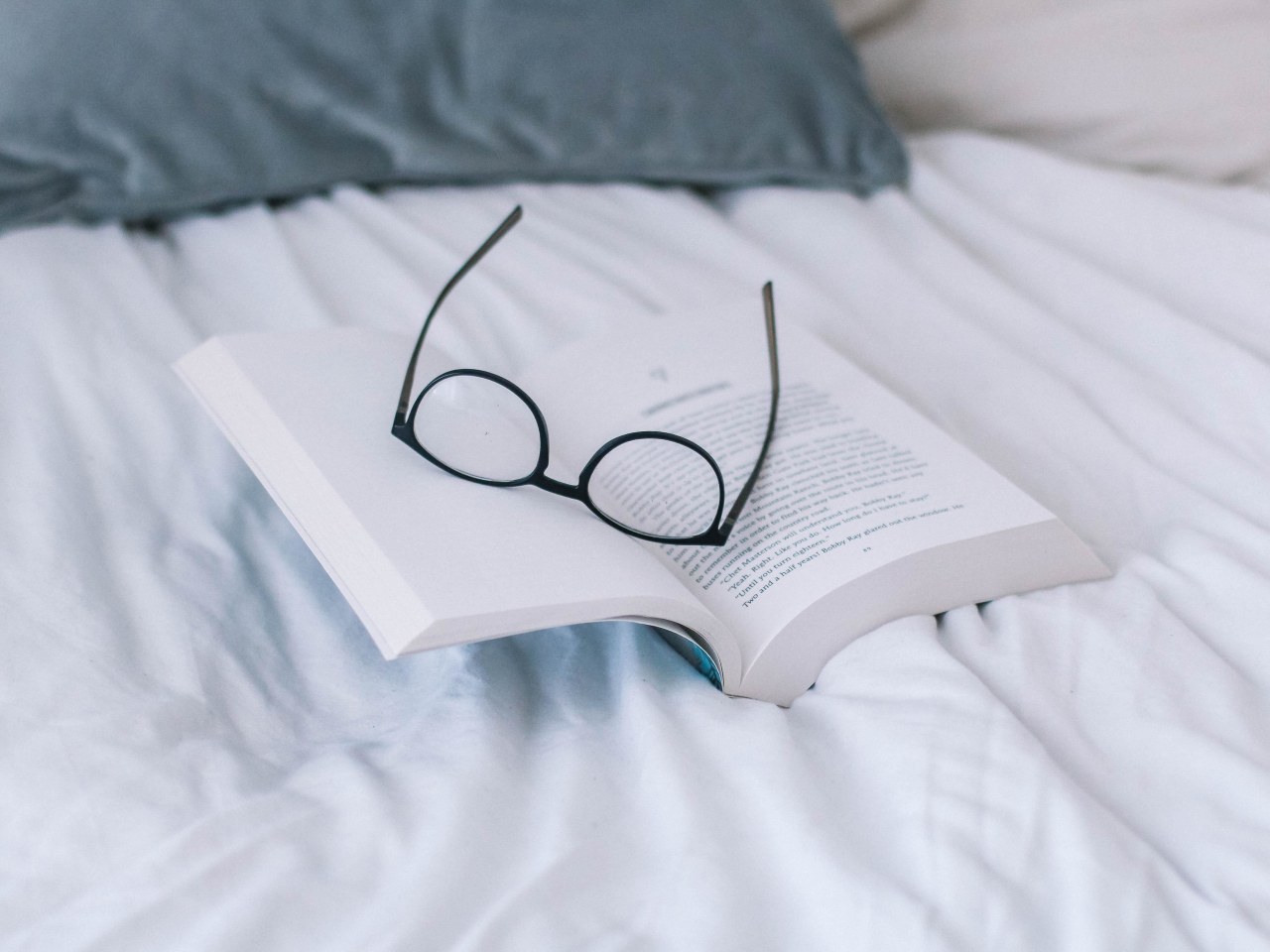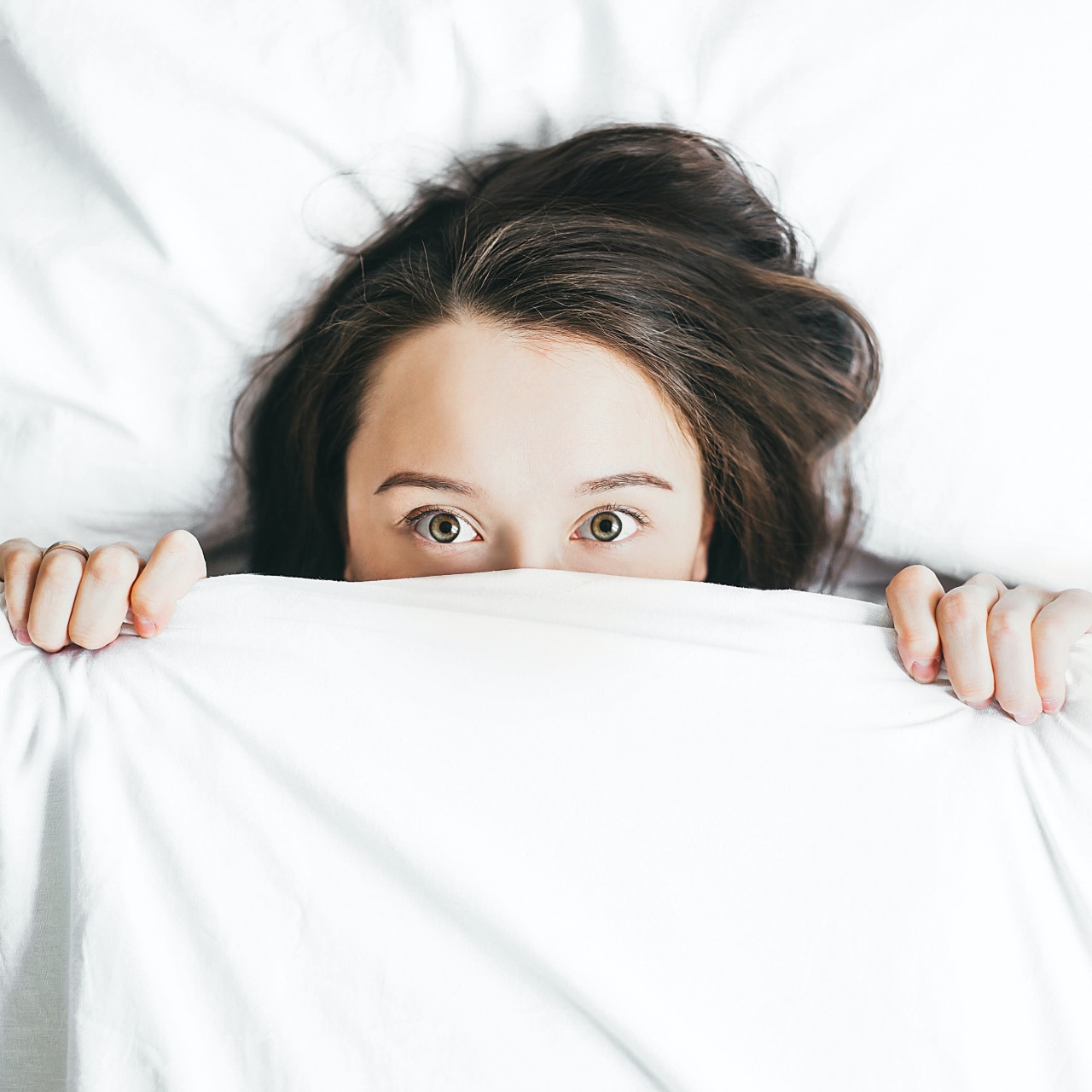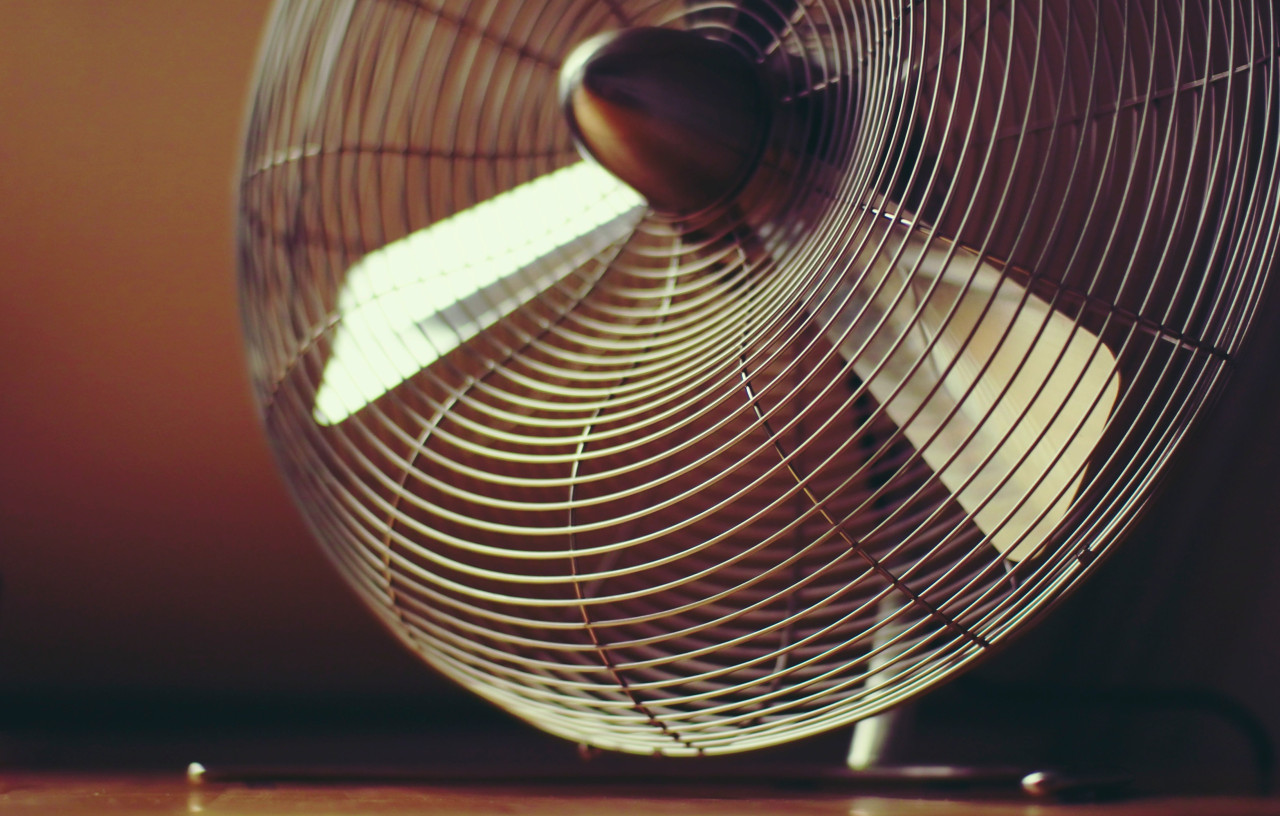Eight tips for a good night’s sleep
Good sleep is vital to our health, good humour and productivity. However, not everyone slips easily into dreamland. These tips may help
Set the scene (back to the cave again)
Our cave dwelling ancestors had it pretty good with their dark, cool and quiet cave bedrooms. They probably skimped on comfort though.
Your bedroom environment can either help or hinder your production of melatonin – the hormone that helps to control your body's sleep pattern and sleep–wake cycle.
Addressing elements such as your room’s temperature, the quality of your bedding, mattress and pillows and even introducing soothing smells can all sound a little simplistic but these factors are all conducive to healthy melatonin production.

Let there be dark
Our bodies take light cues to set our sleep rhythms. Exposing your body’s light sensor cells to artificial light at night delays the onset of the creation of melatonin and can interfere with the quality and duration of your sleep.
The good news is that removing light sources from your bedroom is one key way you can improve your sleep.
Even small light sources can rob you of relaxation and good sleep. Start with that glaring alarm clock display and also consider small status lights on devices and of course any screens. If you can’t turn them off then consider black tape over the LED lights or removing them from your bedroom arena completely.
With LED lights an ever greater factor, street lighting included, another good tip is choosing light-blocking curtains or roller blinds for your bedroom.
If you can’t take away these light sources, then a sleep mask will make short work of the lot.
Keep it cool
Along with welcome darkness comes the need to keep things cool.
The optimal temp range for your bedroom is 18c to 20c. However as cool as is comfortable is another guide. In summer, a fan and breathable sheets will help keep your bedroom space cool and pleasant, while in winter, adding more blankets is the precise, energy-friendly way to regulate your bed’s temperature.
Lose the modern noise-scapes
Back to that well-rested caveman and cavewoman. What they lacked in comfort they may have made up for with silence at night. There are two approaches here. First try to minimise external noise and second introduce restful soundscapes into your sleeping space that block out the former. There are free soundscapes on the internet that actually block unwanted sounds. MyNoise is an excellent free site in this regard. Turn it on, and turn it down.
As with a blindfold for light, earplugs are your catch-all alternative to screening unwanted night sounds. This is not an ideal solution for our most sound-compromised readers, though – i.e.: wakeful parents.

Eat, drink and be merry (but not just before bedtime)
Digestion takes energy just when your constitution is trying to take a rest so don’t eat just before bedtime. And avoid caffeine, alcohol and nicotine, too. Tragically even that seemingly harmless hot chocolate isn’t ideal as the sugars can spike your insulin levels and potentially affect your ability to nod off.
Light bedding isn’t always the answer – hug a blanket tonight
Looking for a winter coat, a light-weight, super warm puffer jacket might be the ideal choice. However, you can take your bedding options another way. Heavy blankets create a secure, snug feeling, a bit like receiving a bear hug. This is sometimes called Deep Pressure which has been shown to increase serotonin, which reduces symptoms of stress and anxiety.
Serotonin is also the precursor to melatonin creation, our passport to good sleep.
The right mattress matters
Remember, soft isn’t always comfortable and hard isn’t always supportive. Choose the bed you think suits you and take it home for a test drive. You can only really know its comfort until you sleep on it. Don’t be in a rush. A month with a bed should be long enough get the feel for it. If an extended trial period isn’t offered consider changing sites/stores.
Reading your own bedtime story
Some of us know that moment when a child’s bedtime story causes those young eyelids begin to close. However, you can also read yourself to sleep. A low wattage reading lamp and a physical book make ideal soporific inducements – just remember to set time limits. And if you can’t bear to read without a book reader then turn down the screen brightness.

Rest your head (and so your spine)
Choose a pillow of the weight that feels comfortable. Synthetic fill is cheaper than natural fill products but then it is a plastic close to your sleeping head. Natural fills are healthy but also more expensive. Then there’s the consideration of allergies if you opt for the softness of down.
Story by: Trendsideas
Home kitchen bathroom commercial design
Trends 37-05
Fancy a twinkling mosaic pool that laps up to your dramatic outdoor space? One of our featured new homes in this edition...
Read More





